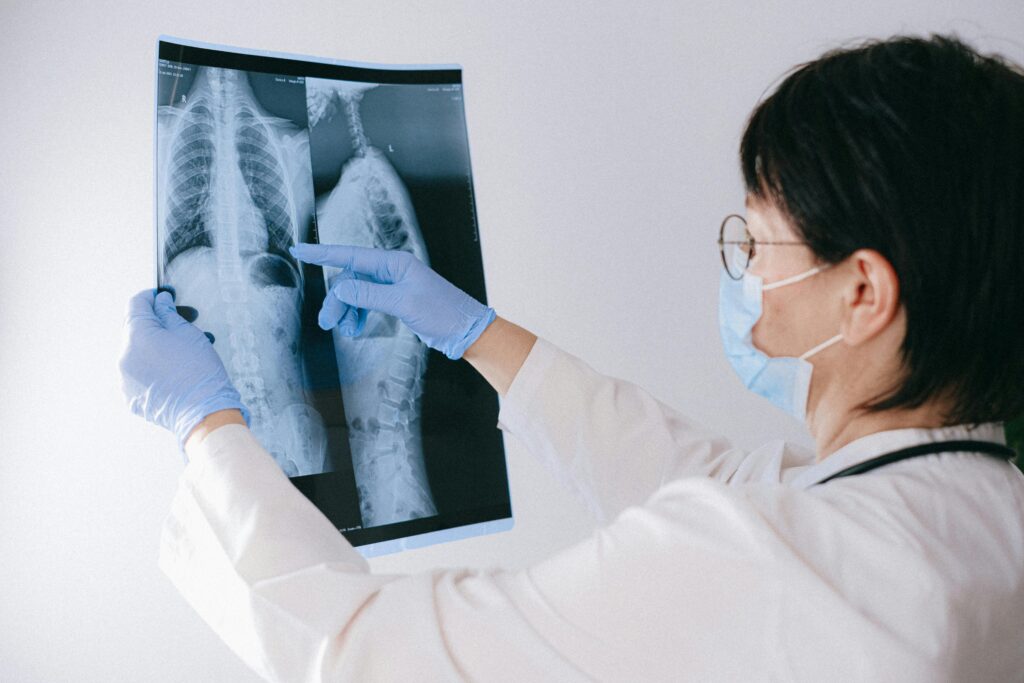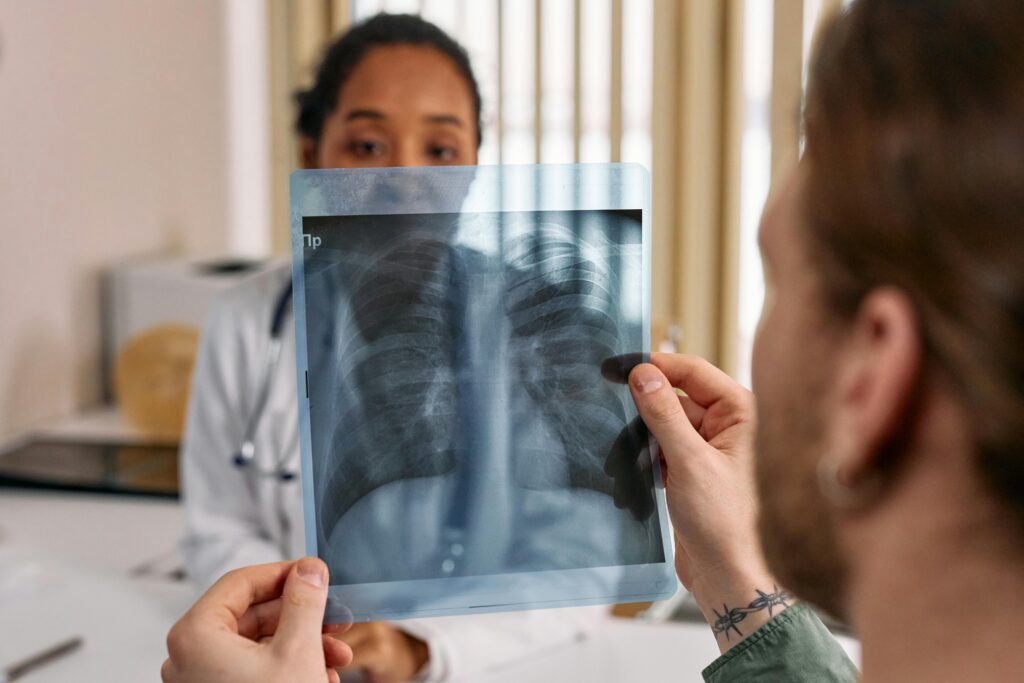How to Keep Your Lungs Healthy: Essential Tips for Optimal Respiratory Health
Your lungs play a very significant role in keeping your body functioning properly. From breathing in oxygen to expelling carbon dioxide, maintaining healthy lungs is crucial for overall well-being. In this comprehensive guide, we’ll explore practical tips and strategies to help you keep your lungs Healthy in top shape. Whether you’re looking to improve your respiratory health , Lungs health or prevent lung-related issues, these actionable steps will set you on the right path.
Why Lung Health Matters
Your lungs are one of the hardest-working organs in your body. Every day, they filter thousands of liters of air, ensuring your body gets the oxygen it needs. However, factors like pollution, smoking, and poor lifestyle choices can compromise lung function. By prioritizing healthy lungs, you can boost your energy levels, enhance physical performance, and reduce the risk of chronic respiratory conditions like asthma, COPD, and lung cancer.
Top Tips for Maintaining Healthy Lungs

1. Avoid Smoking and Secondhand Smoke
Smoking is the leading cause of lung damage and respiratory diseases. Cigarettes contain harmful chemicals that irritate the lungs and increase the risk of cancer. If you smoke, quitting is the best step you can take for healthy lungs. Additionally, avoid secondhand smoke, as it can be equally damaging.
Pro Tip: Seek support from smoking cessation programs or apps to help you quit.
2. Exercise Regularly
Physical activity strengthens your lungs and improves their capacity. Aerobic exercises like running, swimming, and cycling are particularly beneficial for healthy lungs. They help your lungs deliver oxygen more efficiently to your muscles and organs.
Try This: Incorporate 30 minutes of moderate exercise into your daily routine to boost lung health.
3. Breathe Clean Air
Air pollution can harm your lungs over time. To protect your respiratory health, avoid areas with heavy traffic or industrial emissions. Use air purifiers at home and wear a mask in polluted environments. Indoor plants like aloe vera and spider plants can also improve air quality.
Did You Know? The World Health Organization (WHO) states that 9 out of 10 people breathe polluted air, making clean air a priority for healthy lungs.
4. Practice Deep Breathing Exercises
Deep breathing techniques can enhance lung function and increase oxygen flow. Practices like diaphragmatic breathing, pursed-lip breathing, and yoga pranayama are excellent for maintaining healthy lungs.

How to Do It:
- Sit or lie down in a comfortable position.
- Inhale deeply through your nose, filling your lungs completely.
- Exhale slowly through your mouth.
- Repeat for 5-10 minutes daily.
5. Stay Hydrated
Drinking plenty of water keeps the mucosal linings in your lungs thin, which helps them function more efficiently. Proper hydration is a simple yet effective way to support healthy lungs.
Tip: Aim for 8-10 glasses of water daily, and avoid excessive caffeine or alcohol.
6. Eat a Lung-Healthy Diet
Your diet plays a significant role in lung health. Foods rich in antioxidants, vitamins, and minerals can reduce inflammation and protect your lungs from damage.
Top Foods for Healthy Lungs:
- Leafy greens (spinach, kale)
- Berries (blueberries, strawberries)
- Nuts and seeds (walnuts, flaxseeds)
- Fatty fish (salmon, mackerel)
- Garlic and turmeric
7. Avoid Exposure to Harmful Chemicals
Household cleaners, paints, and industrial chemicals can release toxic fumes that harm your lungs. Always use protective gear like masks and gloves when handling such substances.
8. Get Regular Check-Ups
Routine health check-ups can help detect lung issues early. If you experience symptoms like shortness of breath, chronic cough, or wheezing, consult a healthcare professional immediately. Early intervention is key to maintaining healthy lungs.
The Role of Vaccinations in Lung Health
Vaccinations can protect you from respiratory infections that damage the lungs. Ensure you’re up-to-date on vaccines like:
- Flu vaccine: Prevents seasonal influenza.
- Pneumococcal vaccine: Protects against pneumonia.
- COVID-19 vaccine: Reduces the risk of severe respiratory illness.





